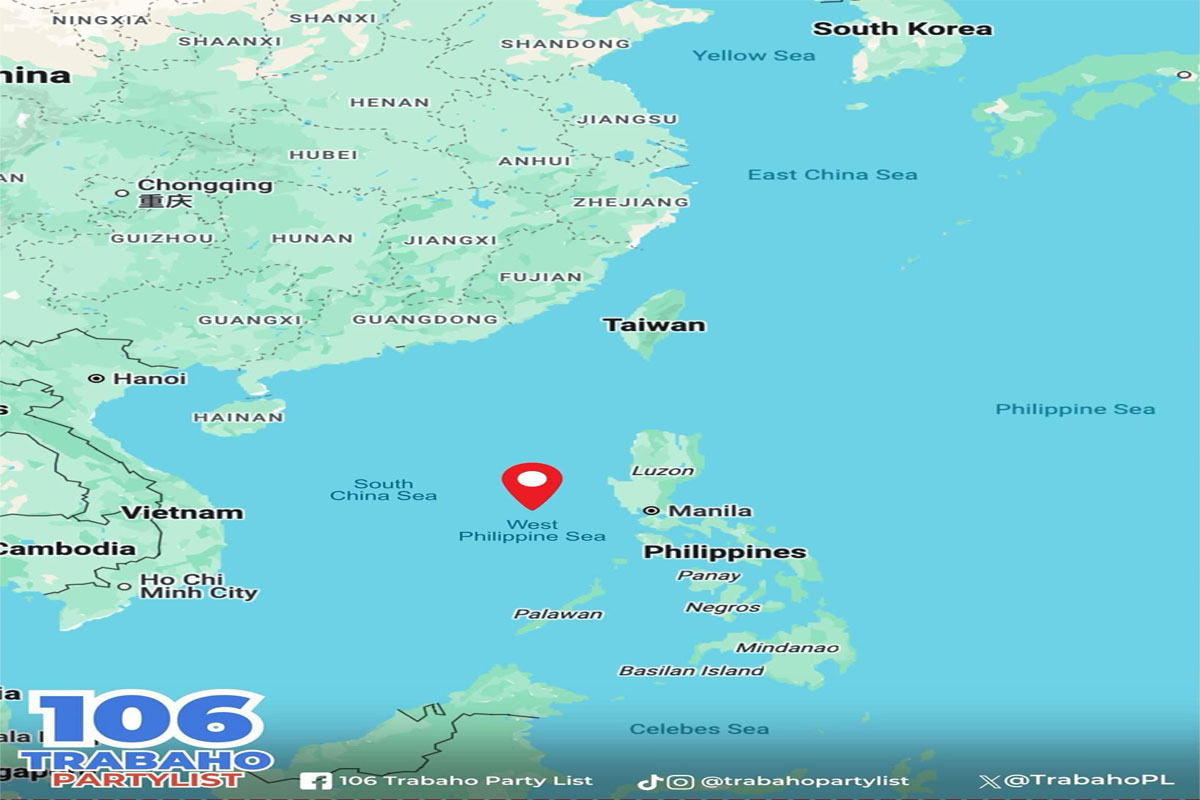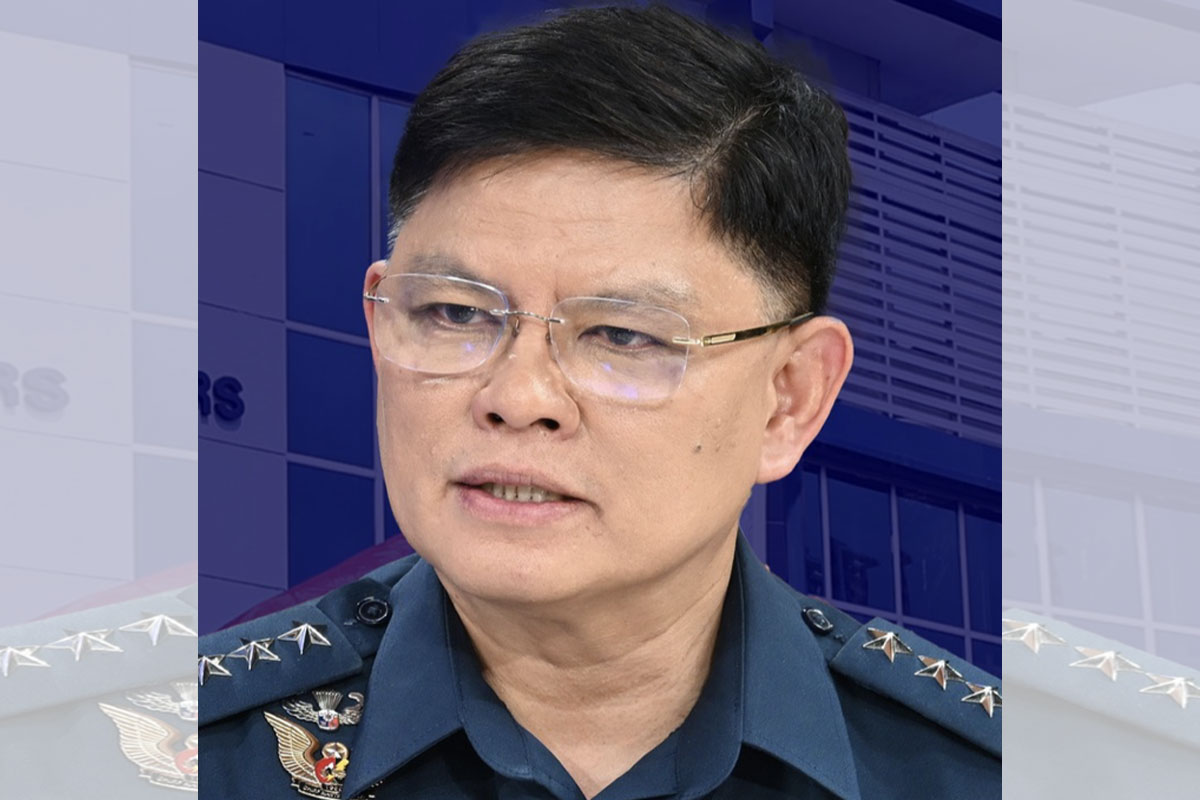
PBBM urges Congress to pass admin’s 19 priority measures
PRESIDENT Ferdinand “Bongbong” Marcos Jr. on Monday expressed hope that Congress would heed his call to pass at least 19 priority measures of his administration.
This, as Marcos enumerated his administration’s priority legislative measures in his first State of the Nation Address (SONA).
“As I am here today addressing the legislature, let me propose legislation that we would like for you to pass,” he said in his SONA delivered before lawmakers at the plenary of the House of Representatives.
Some of his proposed measures for the 19th Congress follow.
‘Better government services’
Marcos pushed for the passage of bills that would help improve the government services under his leadership.
The proposed National Government Rightsizing Program (NGRP), the Budget Modernization bill, the proposed E-Government Act, and the proposed E-Governance Act are among the measures aimed at “improving service delivery in government” Marcos said.
Marcos said the proposed Budget Modernization law will institutionalize the Cash-based Budgeting System (CBS), which was adopted by Executive Order 91 signed in 2019 to strengthen fiscal discipline in allocating and using budget resources to ensure that every peso budgeted by the government would lead to the actual delivery of programs and projects.
Marcos also asked Congress to support the proposed E-Government Act, which provides for establishing the E-Government Master Plan, which shall cover all e-government services and processes.
The proposed E-Governance Act, on the other hand, aims to promote the use of the Internet, Intranet, and other Information and Communications Technology to provide opportunities for citizens.
‘New departments, offices’
Marcos also sought the passage of measures creating the Virology Institute of the Philippines (VIP) and the Department of Water Resources (DWR).
The proposed VIP, he said, would serve as an attached agency of the Department of Science and Technology (DOST).
On the other hand, the proposed Integrated Water Resource Management (IWRM) will be adopted as the strategic framework for national water management, policymaking, and planning, once the DWR is created, Marcos said.
Marcos also mentioned that the creation of the Medical Reserve Corps (MRC) and the Philippine Center for Disease Prevention and Control (CDC), which will be attached to the Department of Health (DOH), are also among his government’s priorities.
‘Tax reforms’
Marcos likewise expressed optimism that the lawmakers would back the Tax Package 3: Valuation Reform Bill and the Tax Package 4: Passive Income and Financial Intermediary Taxation Act (PIFITA).
‘Businesses’
The other priority measures of the Marcos administration include the proposed Internet Transaction Act or E-Commerce Law, as well as the Government Financial Institutions Unified Initiatives to Distressed Enterprises for Economic Recovery (GUIDE).
The E-Commerce Law aims the establishment of effective regulation of commercial activities through the Internet or electronic means, Marcos said.
The GUIDE bill seeks to provide financial assistance to distressed enterprises critical to economic recovery through programs and initiatives that will be implemented by the Land Bank of the Philippines, Development Bank of the Philippines, and Philippine Guarantee Corporation.
Marcos also pushed for a measure introducing amendments to the Build-Operate-Transfer (BOT) Law to improve the implementation of the Public Private Partnership (PPP) Program and align the desired outputs and outcomes with the strategic development targets of the country.
‘Energy sector’
Marcos also expressed optimism that Congress would support enacting an enabling Law for the Natural Gas Industry.
“This primarily seeks to foster the development of the Midstream Natural Gas Industry in a bid to strengthen Philippine energy security by diversifying the country’s primary sources of energy and promoting the role of natural gas as a complementary fuel to variable renewable energy,” he said.
He also asked the legislators to amend the Republic Act (RA) 9136, the Electric Power Industry Reform Act, or EPIRA Law, to improve the implementation of the law’s provisions and enhance its effectiveness in addressing the high cost of electricity, alleged market collusion, and insufficient power supply.
‘Developing lands, defense sector’
Marcos said he also expects both the Senate and the House of Representatives to support the proposed National Land Use Act, the proposed National Defense Act, and the proposed Mandatory Reserve Officers’ Training Corps (ROTC) and National Service Training Program (NSTP).
The proposed National Land Use Act provides for a “rational and holistic” management and development of country’s land and water resources; holds owners accountable for making lands “productive and sustainable; strengthens the local government units (LGUs) to manage ecological balance within its jurisdiction.
On the other hand, the National Defense Act seeks amendments to the antiquated National Defense Act of 1935 to provide for a change in the military structure of the Armed Forces of the Philippines (AFP), making it “more responsive to current and future non-conventional security threats to the country’s territorial integrity and national sovereignty,” Marcos said.
Marcos also stressed the need to reinstitute the ROTC program as a mandatory component of senior high school programs (Grades 11 and 12) in all public and private tertiary-level educational institutions.
He likewise wanted to institutionalize the United System of Separation, Retirement and Pension, which will grant a monthly disability pension in place of disability benefits provided under existing laws for military and uniformed personnel (MUPs) retired by reasons of disability. Philippine News Agency




















